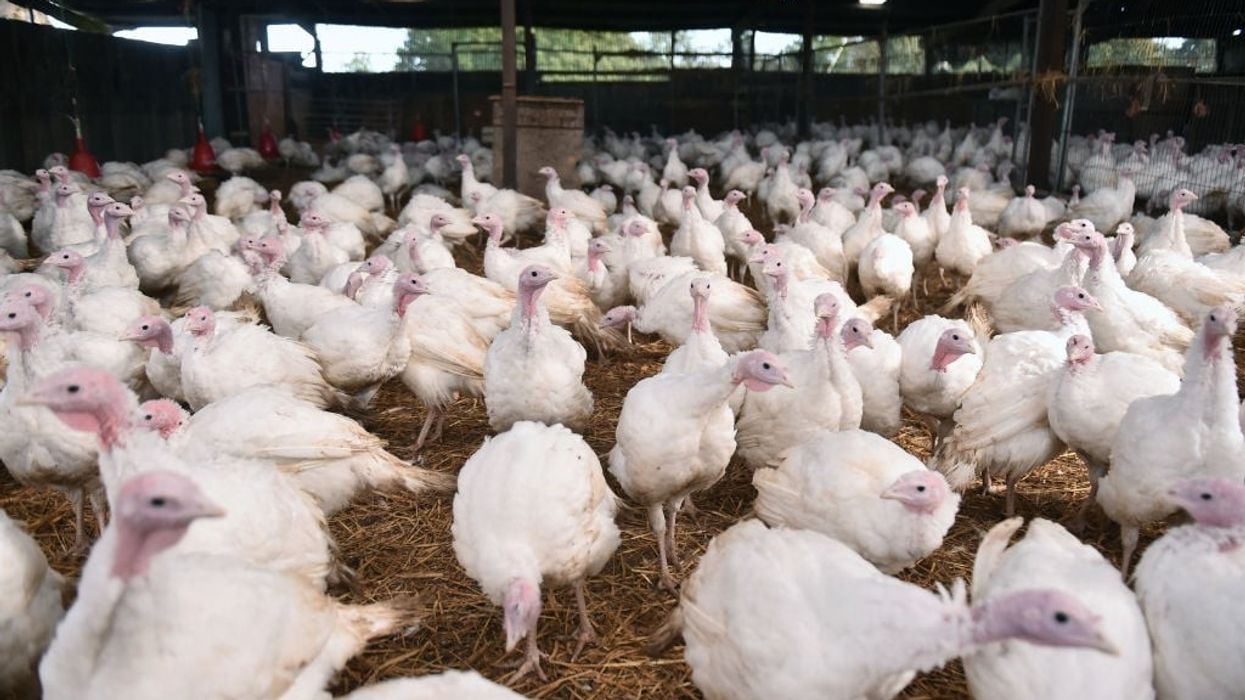BRITAIN’S 20-year binge on cheap food is coming to an end and food inflation could hit double digits due to a tidal wave of soaring costs, Britain’s biggest chicken producer said.
As it emerges from the twin crises of Brexit and Covid, the world's fifth-largest economy is facing an acute shortage of truckers, butchers and warehouse workers that has exacerbated global supply chain strains.
"The days when you could feed a family of four with a £3-pound chicken are coming to an end," Ranjit Singh Boparan, owner of the 2 Sisters Group and known as the "Chicken King," said in a statement.
"In relative terms, chicken today is cheaper to buy than it was 20 years ago. How can it be right that a whole chicken costs less than a pint of beer? You’re looking at a different world from now on where the shopper pays more."
Boparan, who produces around a third of all poultry products consumed in the UK, said he didn't think the British government could fix all the problems or control inflation. He said the constriction of labour supply would lead to wage inflation and that he would invest in automation.
"Less labour means less choice, core ranges, empty shelves and wage inflation, and this isn’t going to change," he said.
"Right now I need to be honest about what this means for the consumer as inflation could reach double digits.”
Prime minister Boris Johnson has repeatedly said that Britain's economy must kick its addiction to cheap imported labour and that it is positive that wages will have to go up.
Johnson's government has denied that Brexit is responsible for the strains on the economy, though no other European economies have faced the same scale of supply chain disruption.
"I feel confident that there will be good provision of goods for everybody, and we are working our way to remove blockages where we can," chancellor of UK’s treasury, Rishi Sunak, said in Washington.
Boparan outlined a cost tsunami: feed costs, supplements, veterinary costs and wages have risen 15-20 per cent; an acute trucker shortage; energy and carbon dioxide costs rising more than 500 per cent from last year; and packaging up 20 per cent in six months.
Founded by Boparan in 1993, 2 Sisters sells poultry, pizza and pies. It processes 10.4 million birds a week and owns more than 700 farms.
Ronald Kers, the chief executive of 2 Sisters Food Group, advised people to shop normally for Christmas and said the company would do everything it could to ensure supplies of festive turkey.
Food prices rose by 0.2 per cent in annual terms in August, according to official consumer price data, breaking a nine-month run of declines.
(Reuters)




